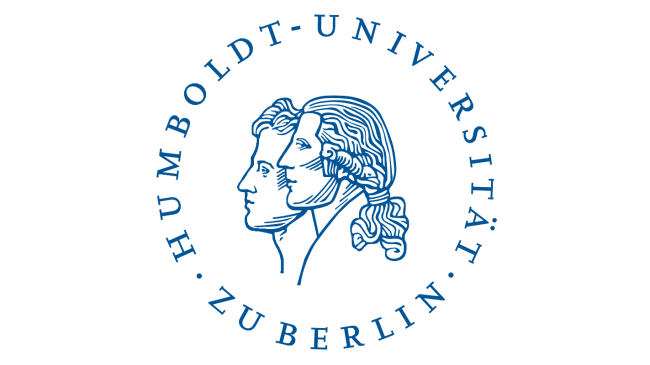Humboldt University of Berlin

The Humboldt University of Berlin (Humboldt-Universität zu Berlin) is one of Berlin's oldest universities, founded on 15 October 1810 as the University of Berlin (Universität zu Berlin) by the liberal Prussian educational reformer and linguist Wilhelm von Humboldt, whose university model has strongly influenced other European and Western universities. From 1828 it was known as the Frederick William University (Friedrich-Wilhelms-Universität), and later (unofficially) also as the Universität unter den Linden after its location. In 1949, it changed its name to Humboldt-Universität in honour of both its founder Wilhelm and his brother, geographer Alexander von Humboldt.
In 2012, the Humboldt University of Berlin was one of eleven German universities to win in the German Universities Excellence Initiative, a national competition for universities organized by the German Federal Government. The university has educated 29 nobel prize winners and is considered one of the most prestigious universities in Europe overall as well as one of the most prestigious universities worldwide for arts and humanities.